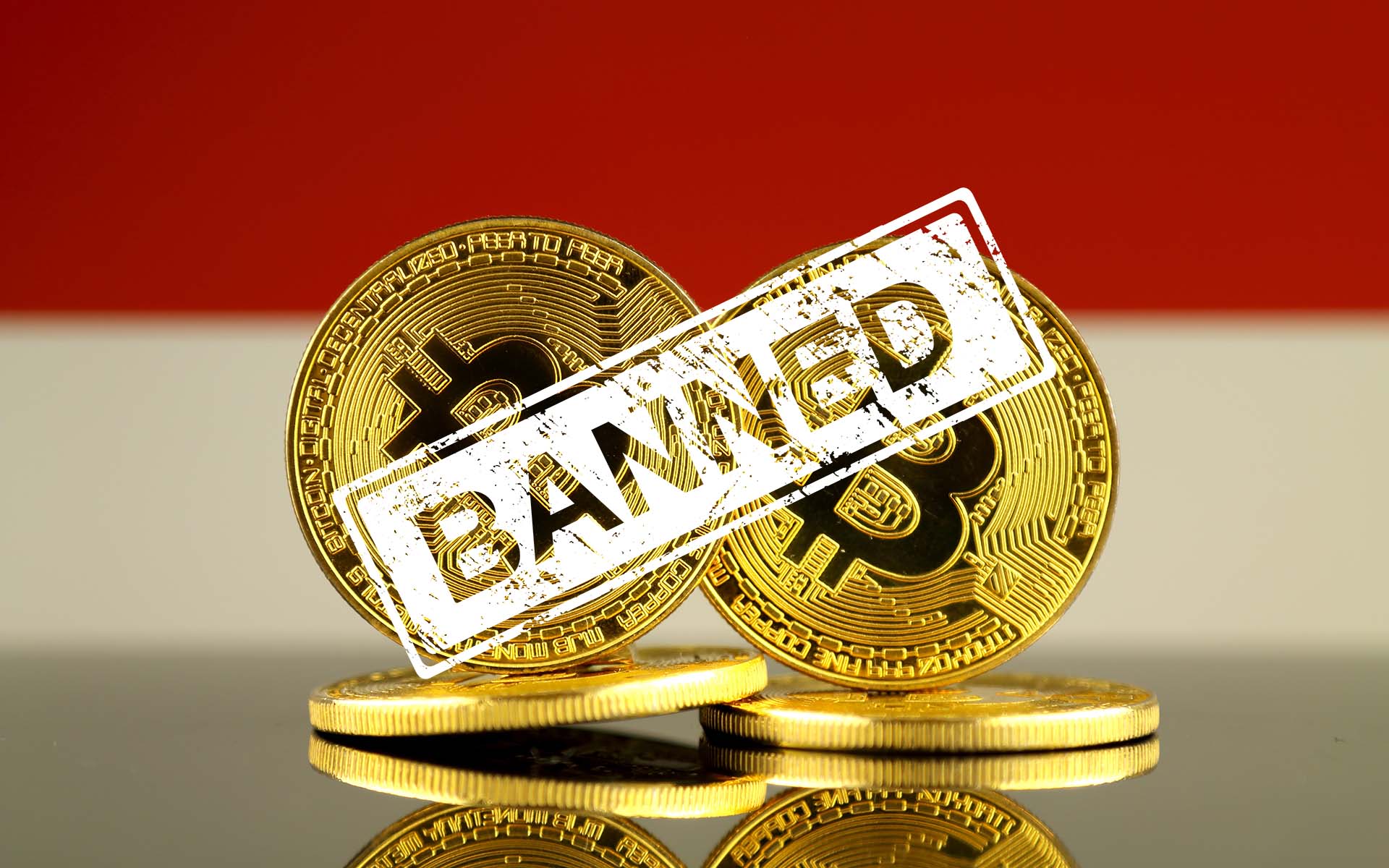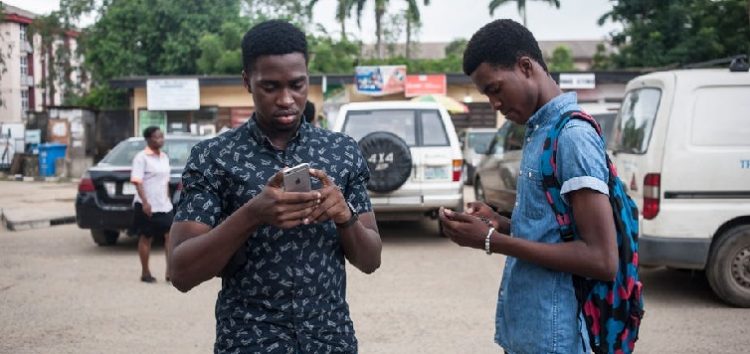Cryptocurrency has boomed in Africa, no doubt. A big testament to this is that Nigeria – Africa’s most populous country, is currently the second biggest market on leading global P2P crypto exchange Paxful, trailing only the United States in overall transaction volume since 2015.
The crypto boom has not been limited to Africa, with a global surge in crypto operations driving the price of the world’s flagship crypto, Bitcoin to an unprecedented record high of $35,000 in the early hours of today.
Nigeria, Kenya and South Africa are the most prominent countries at the forefront of the crypto revolution sweeping through Africa. The trio posted over half a billion dollars ($500.4 million) in total bitcoin P2P trading volume in 2020, according to Usefultulips.


However, from extensive research, it was gathered that only ten (10) African countries are actively trading cryptocurrency, constituting a small 20% of the total 54 countries on the continent. The bulk of crypto operations in Africa are conducted in Nigeria, Kenya, South Africa, Ghana, Cameroon, Zimbabwe, Ethiopia, Egypt, Botswana and Uganda.
Suggested read: Yellow Card’s Munachi Ogueke Shares Crypto Lessons From 2020 and What to Expect in 2021
Despite the significant rise in crypto transactions across Africa, over 80% of countries on the continent are not represented in the grand scheme of crypto trading and adoption. The question is why? And we have come up with the following answers:
Regulations
In certain African countries, crypto operations have been greatly stifled by draconian regulations. Crypto trading is outrightly prohibited in countries such as Tanzania, Algeria and Morocco.


Authorities in Morocco explicitly banned all cryptos in 2017, stating that “transactions via virtual currencies constitute an infringement of the exchange regulations, are liable to penalties and fines provided for by [existing laws] in force.”
It is a similar case in Algeria, where owning any form of cryptocurrency is illegal and contravenes the law, according to the country’s 2018 Finance Bill.
In December 2019, the Bank of Tanzania also proscribed the use of crypto services. Heavy-handed regulations in these countries mean that people are disallowed from undertaking crypto transactions, as it is a criminal activity punishable by law.
Small Youth Populations
Young people are the most tech savvy demographic of any society. As such, they are much more conversant with crypto dealings. They are by far the biggest proponents of crypto platforms across Africa. However, many African countries have small youth populations.


For instance, Rwanda has a youth population of just 4.1 million. DR Congo, despite being Africa’s 4th largest country by human population with 89 million people, has about 16 million youths – 2 million less than South Africa, which has a far smaller population of 59 million.
In Lesotho and Namibia, there are only about 860,000 and 611,000 youths respectively. These youth population sizes are almost negligible when compared to those of countries like Nigeria (34 million) and Ethiopia (31 million). The end result is that the small number of young people in such countries, coupled with likely poor economic situations, are not able to significantly drive crypto adoption.
Political Turmoil and Civil Unrest
Countries including Libya and Sudan have been heavily plagued by political turmoil, military attacks and fatal protests, displacing several residents and unsettling the economy.


Many of these people are simply trying to stay alive in the midst of the chaos, thus lowering interest in digital tech like cryptos. Due to the absence of a source of livelihood in the aftermath of national crises, majority of indwellers in these African countries live from hand to mouth and do not have spare funds to even consider crypto investments.
Internet Censorship
With crypto exchanges completing transactions in the shortest possible time, uninterrupted high-speed internet is vital to getting premium user experience. That said, repeated/prolonged internet shutdowns in countries such as Benin Republic, Malawi and Chad disincentivise crypto exchanges from operating in these parts.
There are good reasons why leading crypto platforms such as Luno are only available in politically stable countries like South Africa and Nigeria. It is non-negotiable for crypto operators to protect their business interests and the clampdowns on internet access by authorities in some African countries pose a big risk to investments.
Suggested read: Africa Loses $5.3 Billion to Internet Shutdowns in 2019 and Experts See no End to the Trend
Summary
Crypto services are poised to continue on an upward trajectory in terms of adoption and trading across Africa. However, it may not gain much ground in many African countries due to the above-listed reasons.
While the likes of Algeria and Morocco have maintained a clear legal stance against crypto offerings, the digital assets class is seeing gradual growth in adoption in countries such as Rwanda and Sudan despite regulatory and economic constraints.






